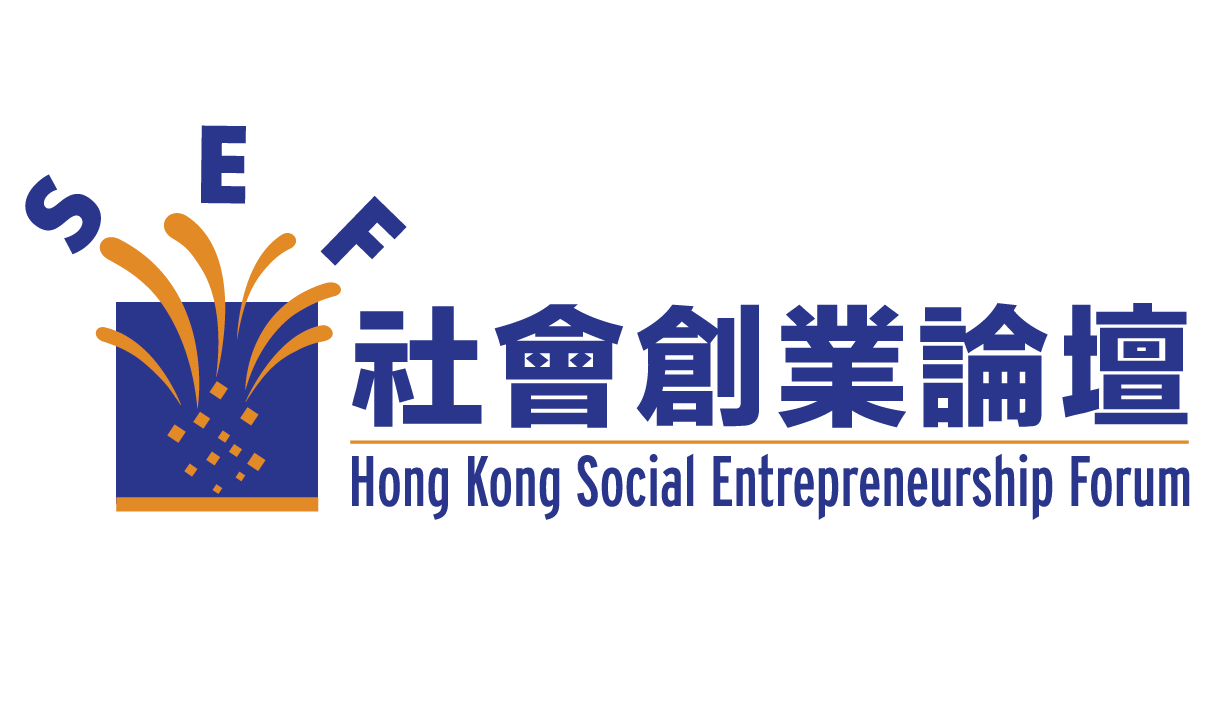Editor’s Notes: Impakter, an online magazine on business and current affairs, has collaborated with B Lab to publish a series of articles on B Corps in specific fields.
Below are nine B corps in ethical fashion.
Find Companies Making Style More Sustainable + Socially Just
Gone are the days when choosing ethical fashion meant sacrificing either style, or your month’s rent, or both. More companies are finding ways to create beautiful, high-quality, affordable products without compromising supply-chain ethics or wreaking havoc on the environment.
You can use your wallet to vote for these sound practices by shopping for ethical fashion brands — and look great (or find the perfect gift) at the same time. Sounds pretty good, right?
These fashion brands are B Corps: for-profit businesses that meet rigorous, third-party-verified social and environmental standards to balance profit and purpose. Check out the list below of B Corps within the fashion world for your upcoming hike, holiday party or anything in between.
***
These shoes are so comfortable, it’s no wonder Allbirds became Silicon Valley’s first benefit corp unicorn, recently valued at more than $1 billion. But perhaps it’s not just the comfort of Allbirds shoes that are catching the attention of investors — they are also manufactured in a way that’s gentler on the environment than most shoe brands. By using ethically sourced wool and recycled materials, Allbirds shoes are produced used 60 percent less energy than typical shoes.
***
Gap-owned Athleta has a mission to create athletic apparel designed “to inspire a community of active, confident women and girls to reach their limitless potential.” Not only is Athleta clothing designed by female athletes with the female experience in mind, but through its P.A.C.E. educational program, the company works to improve the lives of its majority-female workers. Plus, 40 percent of Athleta’s apparel is made from recycled materials.
***
Did you know that socks are the most requested item in homeless shelters? Inspired by this statistic, Bombas built its business around a give-back model: For every pair of socks sold, Bombas donates a pair to the homeless community. So far, Bombas has donated more than 10 million pairs of socks. It might seem silly to fawn over socks, but those who wear Bombas understand. Comfy and cushiony yet not too bulky, Bombas are a game changer for your feet.
***
Cotopaxi quickly solidified its place as a favorite among outdoor enthusiasts for its neon color-blocked designs and innovative features that combine unique aesthetics and function. Having incorporated as a benefit corporation, Cotopaxi has impact in the very DNA of its business. From repurposing surplus materials to sourcing new-to-market sustainable materials to giving grants to high-impact organizations around the world, Cotopaxi’s impact model not only complements but truly drives its innovation.
***
Years before ethical fashion came into vogue, Eileen Fisher was leading the way. Eileen Fisher defines the ideal of what it means to “turn business into a movement” by infusing its values with everything it does. This includes offering programs to empower girls and women, cultivating a collaborative work culture, working only with ethical supply-chain partners and designing clothes that make women feel good.
***
The handmade leather shoes and accessories brand Nisolo uses a direct-to-consumer model to guarantee two things: that it only works with ethical factories, and that by cutting out the middleman, its products are fairly priced. Nisolo basically also ensures a secret third thing: that its beautiful, comfortable yet sophisticated shoes are nearly impossible to resist.
***
Simply put, Patagonia is a pioneer in achieving what many said couldn’t be done: build a successful business with equal commitment to people and planet. And in pursuit of that goal, Patagonia has achieved many innovations along the way. From being the first to make fleece apparel from recycled plastic water bottles to positioning itself as an “activist company” by pledging 1 percent of its annual profits to environmental causes and fighting to protect public lands, Patagonia has proven itself a continuous trailblazer.
***
Ethical fashion brand Soko makes minimalist, striking jewelry, all while reimagining the supply chain process for the mobile age. Soko’s “virtual factory” coordinates a network of independent artisans from Kenya and other East African nations. Through the platform, artisans receive purchase orders, manage deliveries and get paid. Plus, while Soko uses eco-friendly and locally sourced materials, its streamlined supply chain ensures that its prices won’t break the bank.
***
For those unable to make it to one of Wanderlust’s festivals, you can still practice Wanderlust’s philosophy to “cultivate your best self” with its yoga apparel and accessories. All of its materials are responsibly sourced and created, including its most recent collaboration with Adidas. Looking this good might even make you feel brave enough to try that Instagram-worthy headstand.
***
Click on the company names and learn more about them.

